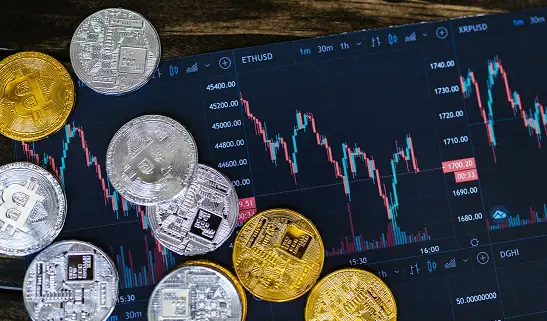On Monday a Bloomberg report quoted experts which said online traders were fleeing crypto-exchanges, pulling their tokens and putting them in cold storage in an effort to safeguard them in the wake of the FTX bankruptcy.
The report noted this is returning to the “wild-west days” of crypto markets, as the larger trading houses which had thrived on arbitraging price-gaps pulled back.
As a result, the prices for identical assets have begun to diverge on different platforms. As an example, the funding rates for identical bitcoin futures on Binance, and OKEx have varied by as much as an annualized 101 percentage points, and remain at a minimum of 10%. Last month such gaps were mostly in the single digits.
Mitchell Dong, chief executive officer at Pythagoras Investments, said, “Everybody is heading for the hills,” and, “things that were previously arbed out are not so arbed out.”
Dong noted that his firm had 1% and 7% exposures to FTX in its market-neutral and trend-following funds, and that it was writing those exposures off.
The report also noted that Fasanara Digital lending fund, with roughly $100 million under management, has reduced its risk exposure to almost zero.
Barnali Biswal, chief investment officer at Atitlan Asset Management, noted that due to the situation with FTX, traders will now have to decide whether to create a “side pocket” to separate their FTX assets from their main fund, or whether to simply write them off.
The former Goldman Sachs managing director noted, “The age-old arbitrage strategies are more and more lucrative. However, contagion risk is elevated. So, we are being conservative in our approach.”
Chris Taylor, who handles crypto strategies at GSA Capital, noted that the collapse of such a trusted and well-respected exchange is going to drive professional traders to look for strategies that will avoid placing collateral on any centralized platforms, such as by utilizing prime brokerages. He explained that if exchanges will comply, they will prefer to see crypto transactions look more like Wall Street.
Taylor noted, “There was a lot more trust in FTX than there was in Terra/Luna. You are now seeing some of the big players pull back not completely but try to have less collateral on centralized exchanges and think more about counterparty risk.”

